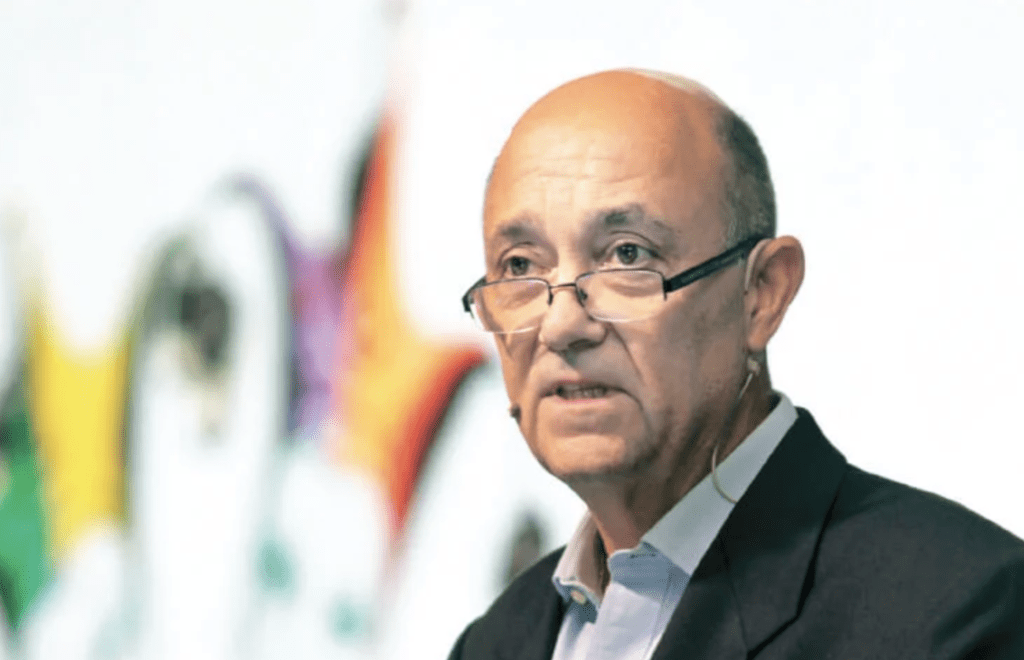
Moore: You can have the best governance processes in the world but if they are carried out in a culture of greed, unethical behaviour and indisposition to challenges, they will fail. Photo by Suhaimi Yusuf
KUALA LUMPUR: Stronger whistle-blowing protections are needed, including the setting up of a special office, to better protect and support individuals who identify corruption or illegalities within corporate entities.
Speaking at the inaugural International Directors Summit 2019 here yesterday, Paul Moore, a whistle-blower of Halifax Bank of Scotland (HBOS) from the UK, called for process fairness for whistle-blowers.
Moore stressed that the dismissal of any head of control functions, such as that of the department of risk, compliance and internal audits, should only be made by non-executives and with prior approval from regulators.
Besides, he highlighted that it is crucial that control functions report only to non-executives instead of executives.
Whistle-blowers should also be given the right to mandatory injunctions to prevent such dismissals, and that there should be no settlement gagging clauses without regulatory approval as well as no discrimination against new employment, he added.
To ensure the right balance of power within companies, the former head of group regulatory risk of HBOS said it is crucial that more concentration be given on simple policy, processes, culture and people as risk management or compliance is as much about culture and human psychology as it is about policy and processes.
“To avoid major risks, we need the right combination of culture, capability of control functions, corporate governance (including auditing and accounting), critical controls and company law.
“Culture always trump strategies, processes and structures … you can have the best governance processes in the world but if they are carried out in a culture of greed, unethical behaviour and indisposition to challenges, they will fail,” explained the former banking executive who was sacked after raising concerns about HBOS’ financials due to its growth that was too rapid. He was never offered another equivalent job after he blew the whistle on the bank’s risky sales strategies in 2004. The bank slipped into financial turmoil after the onset of the global financial crisis in 2008.
Finance Minister Lim Guan Eng, during a later conversation with Moore yesterday, concurred that it is important for any government or institution to protect and reward whistle-blowers, but he pointed out that it is equally important to assess the genuineness of their actions to avoid accusing the innocent.
“When we do that [protecting and rewarding whistle-blowers], there will be a natural tendency of greater readiness to speak up and expose abuses.
“At the end of the day, it is how you encourage and nurture integrity, where everyone is doing the right thing not because we are looking at them. Everyone must be expected to do the right thing even though no one is looking,” Guan Eng added.
He said the government is addressing corruption in both the public and private domains. Among the measures taken is a new corporate liability provision in the Malaysian Anti-Corruption Commission Act 2009 under Section 17A, which will be enforced come June 1, 2020, whereby a commercial organisation and its directors may be found liable for corrupt acts committed by any person associated with the organisation, including its employees.
He said institutional reforms are the bedrock of a country’s economic resilience. “If 2018 and 2019 were the years we focused on cleaning up the government, 2020 is the year we go out and make a push to join the ranks of developed economies. Unfortunately, our push for Vision 2020 was derailed by previous excesses.”
Open tenders are now the norm within the government, Guan Eng said, which have raised efficiency and the transparency of government spending.
“To raise the transparency level further, the government will complete its shift from cash-based to accrual-basis accounting by 2021. Once completed, the shift will give all stakeholders a comprehensive view of public finances and minimise [the reoccurrence of] abuses of the past,” the minister said during his keynote address at the event, which was also attended by Attorney-General Tan Sri Tommy Thomas.
The session was part of the two-day summit organised by the Institute of Corporate Directors Malaysia (ICDM), which attracted over 400 participants from both the public and private sectors to exchange insights into important issues facing today’s boardrooms.
“Boards and companies face greater scrutiny today than ever before. Shareholders are increasingly holding board members accountable for their companies’ performance. They want companies to have the capability to withstand challenges and mitigate risks — both the financial and non-financial.
“Boards as corporate stewards must take the lead in reinstating and upholding good corporate governance by rebuilding confidence in a constantly changing world. It starts with making the right decisions, followed through with the right actions in a genuine, consistent and timely manner,” said ICDM president cum chief executive officer Michele Kythe Lim in her closing address.
ICDM said it plans to spearhead the shaping of a robust regional network of professionally recognised and respected corporate directors as Asean continues to be a major player in global trade and expand into other markets.








